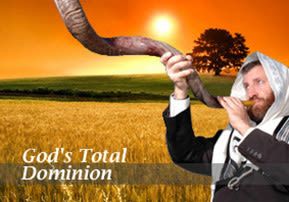
God’s Total Dominion
The moon is concealed, yet we affirm our belief in god even when He does not reveal Himself. When we can declare, by faith alone, “God is King...

The moon is concealed, yet we affirm our belief in god even when He does not reveal Himself. When we can declare, by faith alone, “God is King, God was King, God will be King for ever and ever”, we give the Holy One tremendous joy.
On Rosh HaShanah, we declare God to be King of the World. “Proclaim before Me verses of Kingship, Remembrance and Shofarot, that you should crown Me over you.” (Rosh HaShanah 34b). We recite these in the Musaf service, yet the prayers of the entire day reflect this idea: “Speedily rule, You alone, Lord our God, over all Your works.” “Our God and God of our fathers, rule over the entire world in Your glory.” “Blessed are You, Lord, King over the entire world.” And according to the Sefard custom, immediately after the Rosh HaShanah evening service, we recite, “The earth is the Lord’s, and the fullness thereof” (Tehillim 24:1).
Similarly, one reason for blowing the shofar is to make the service resemble the coronation of an earthly king. Rav Saadiah Gaon wrote: “Rosh HaShanah is the beginning of creation. On this day God created and ruled over the world. Therefore, just as kings are crowned amidst trumpet blasts, so do we accept God’s Kingdom upon us this day.” The difference between a king and a ruler, however, is that a ruler governs by force, whereas the people willingly appoint a king (Vilna Gaon on Mishlei 27:27). On Rosh HaShanah we lovingly appoint God as our Sovereign.
The Purpose of Creation
However, Rosh HaShanah is not actually the first day of creation – that occurred five days earlier on the twenty-fifth of Elul (Pirkei d’Rabbi Eliezer, chapter 5). The first of Tishrei, the day we celebrate as Rosh HaShanah, is the day on which Man was created on which he crowned the Holy One over him (Ibid.11). “Come,” Adam said to creation, “let us go, garbed in strength and pride, and crown the One who made us. Let us kneel down before God, our Maker.” (Tikkuney Zohar 56).
Chazal say, “Whoever teaches his friend’s son Torah is considered to have created him.” Furthermore, “Whoever brings even one creature under the wings of the Divine Presence is considered to have created, formed and shaped him. Yet only the one who gives him knowledge is considered to have given birth to him (Sanhedrin 19b, 99b; Shir HaShirim Rabbah 1:22). A birth is of no account as long as the child is a vessel empty of Torah. Likewise, the world was of no account until Adam, who could recognize his Maker, was created. Rosh HaShanah is called, “The beginning of Your deeds,” because until Adam was created, it was as if nothing yet existed” (the Maharsha on Rosh HaShanah 27a). Thus the song the Leviim sang in the Temple on the sixth day was: “God is King, He is clothed in honor” (Tehillim 93:1), because it was on the sixth day that Adam declared God King” (Rosh HaShanah 31. See Etz Chaim, Sha’ar 8, Chapter 6, and Sha’ar Hamitzvot, Behar, concerning the tikun Adam was meant to accomplish before the sin).
It was on Rosh HaShanah that Ezra and Nehemia told the people: “Go your way, eat rich foods and drink sweet drinks… because this day is holy to the Lord, do not regret, for the joy of the Lord is your strength” (Nehemia 8:10) (See Rashi on this verse). They reminded the people of their great fortune to be the nation of God, to crown Him and declare Him One. This is the reason we do not recite verses of repentance on Rosh HaShanah, because the harsh judgements are all sweetened through our complete acceptance of God’s Kingship and our joy in God as our strength.
The Beginning of His Kingship
(From Rav Saadiah Gaon on the blowing of the shofar)
After all we have said, it is amazing that on this holy day the moon is hidden in the sky, as the verse says:“Blow the shofar on the new moon, on the concealment of the day of our festival” (Tehillim 81:4) (This verse refers to Rosh HaShanah, on which the new moon is hidden. Rosh HaShanah 8b). It would seem more appropriate for the moon to be full and beautiful when we renew God’s Kingship, as it is on other festivals, especially since the Jewish People are often compared to the moon.
But the truth is, on this holy coronation day, we strive to make God’s Kingship perfect. Thus, we acknowledge His dominion even over the lowest places, where nothing but darkness and confusion reign. If we can declare “God is king!” even there, then His Kingship is truly complete. The moon is concealed, yet we affirm our belief in god even when He does not reveal Himself. When we can declare, by faith alone, “God is King, God was King, God will be King for ever and ever”, we give the Holy One tremendous joy.
The Month of Elul
Our success on the path of teshuva, taught Rebbe Nachman, only occurs when we become experts in “running forth” and “returning.” That is, when we can acknowledge God whether we are in a state of ascent or decline in avodat Hashem:
“A person who wants to travel the path of teshuva must constantly strengthen himself to go in the ways of God, whether he is rising or falling. These are the aspects of: ‘If I ascend to heaven, You are there: and if I make my bed in Hell, behold, there You are’ (Tehillim 139:8). Even if he attains a high level, he must not be content to remain there. And He must constantly search for God, and encourage himself as best as he can, wherever he is. Because God can be found even in the deepest hell, even there one can cling to Him.” (Likutey Moharan I:6)
For this reason, the month of Elul is a preparation for Rosh HaShanah. The verse says: “And they searched out the Land of Canaan” (Bamidbar 13:2), which the Targum translates as: “and they searched- viyalelun,” containing the word Elul. Elul is a time for searching the inner chambers of the soul, and acknowledging God even where He seems to be hidden.
Only then can we make His Kingship complete. The Hebrew letters of the word Elul also spell out the words, lo, לא, which means “no” and lo – לו, which means “to him.” These refer to the two periods of ascent and descent. In the time of ascent, we should remember the lesson of lo – no: not to become haughty, not to become proud, not to forget our limitations, On the other hand, during the bad times, we must remember the other lo – that God is still with us (Ibid.).
***
Used with permission from the author. From the book “In all my Ways” Keren Ohr Publications.




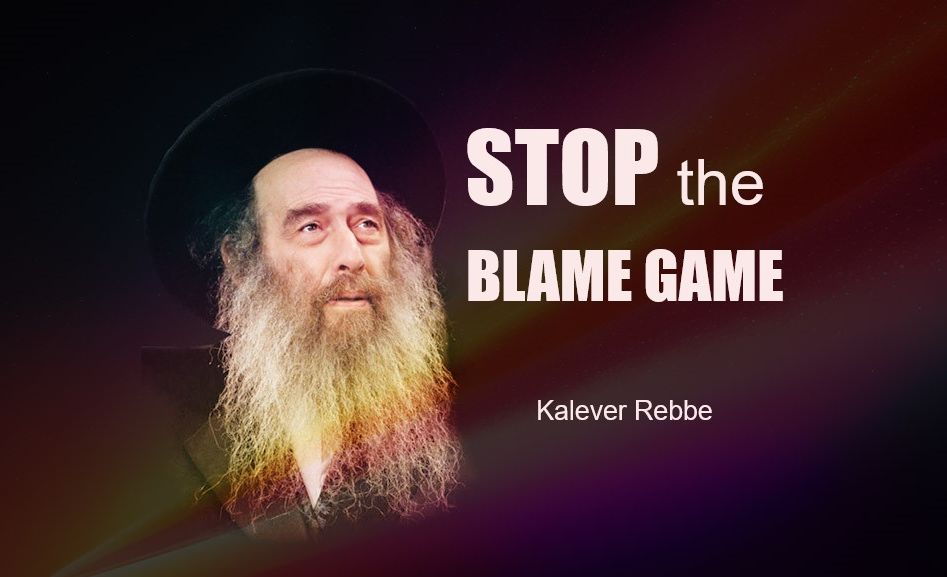

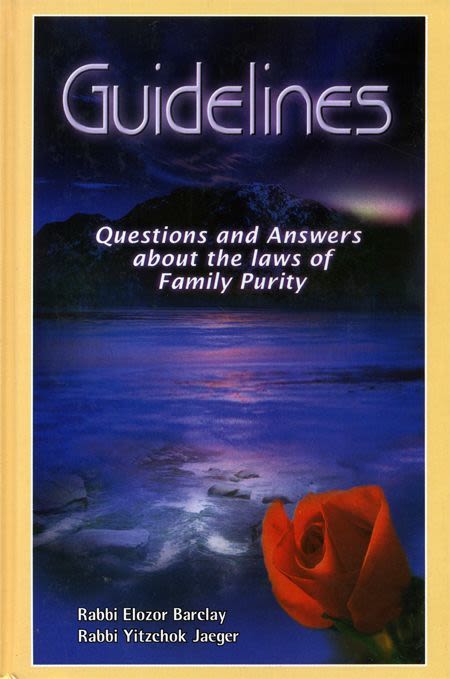
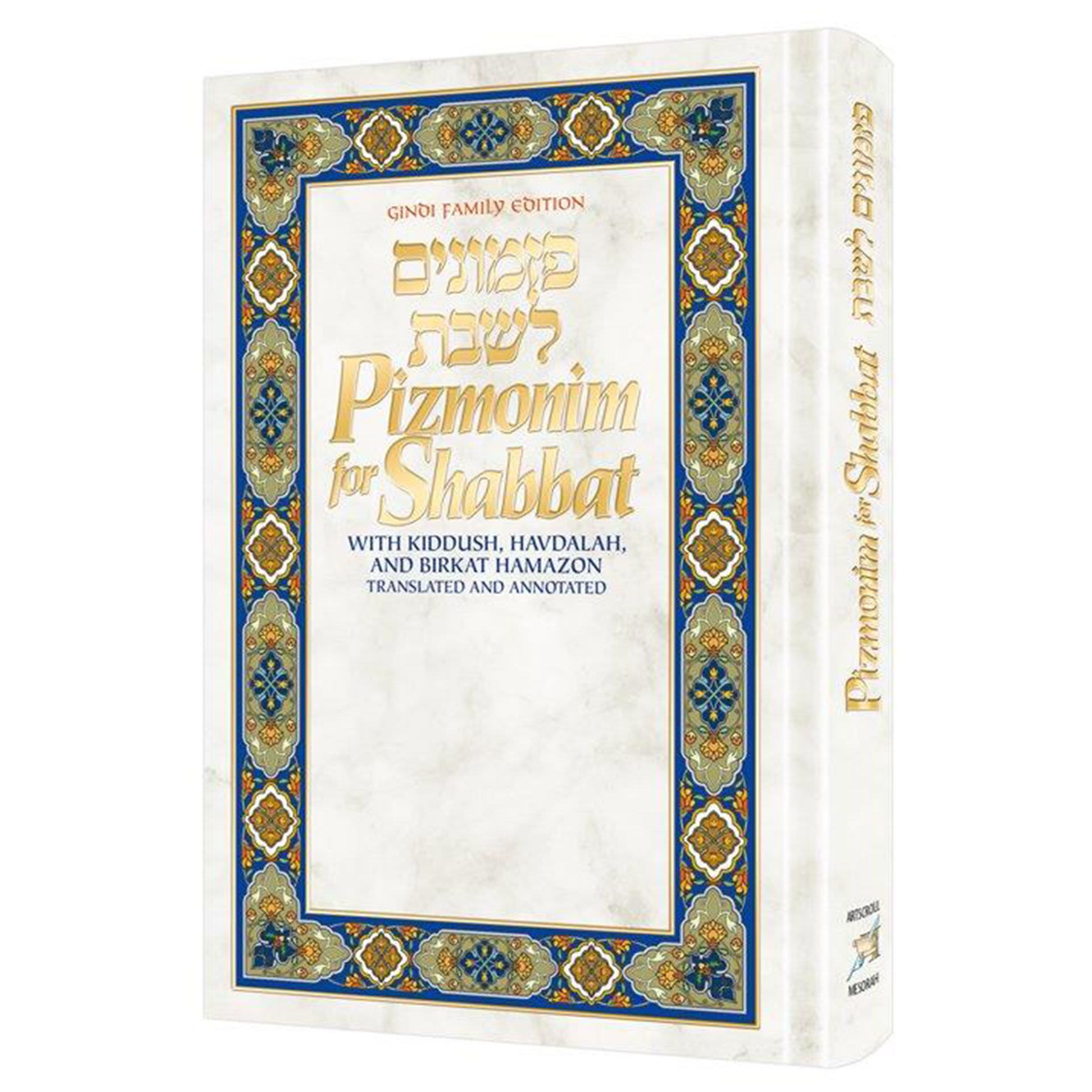
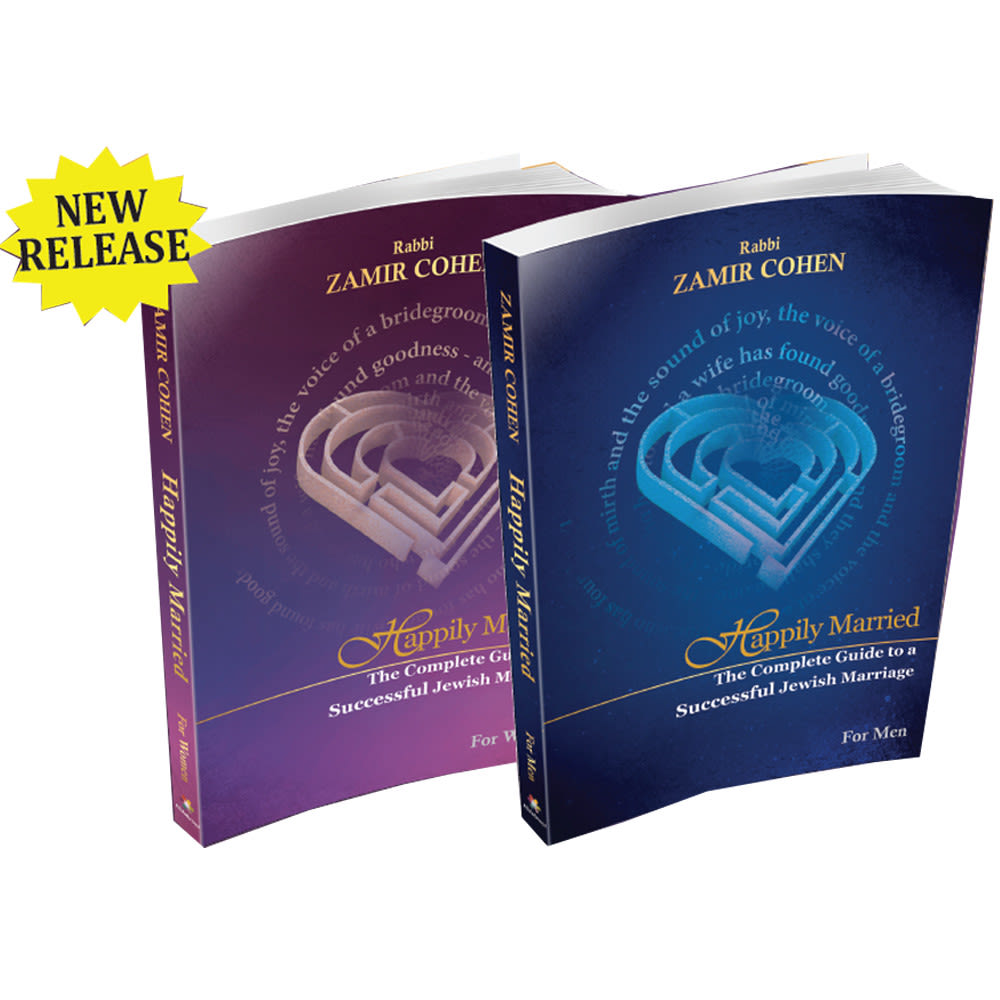



Tell us what you think!
Thank you for your comment!
It will be published after approval by the Editor.